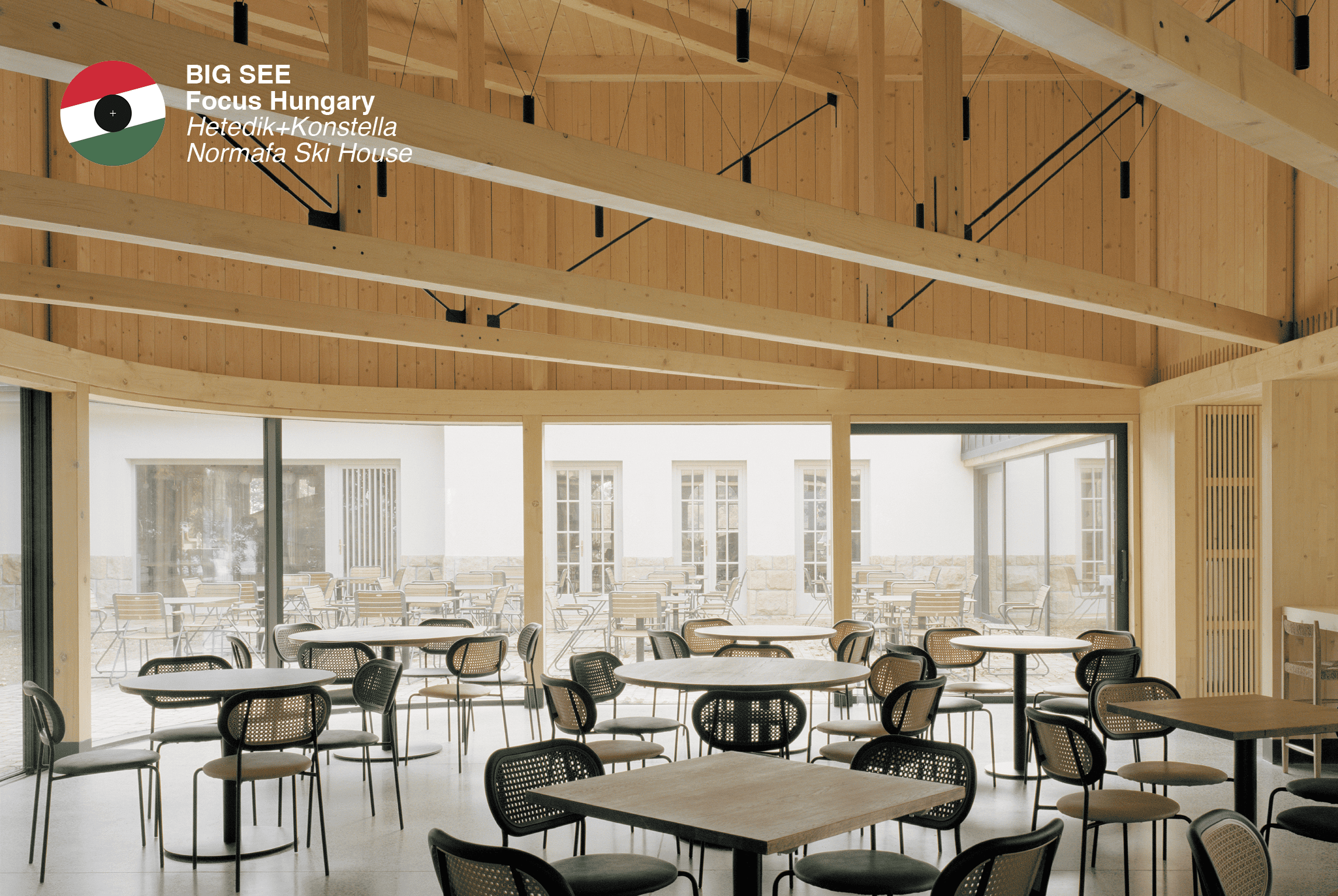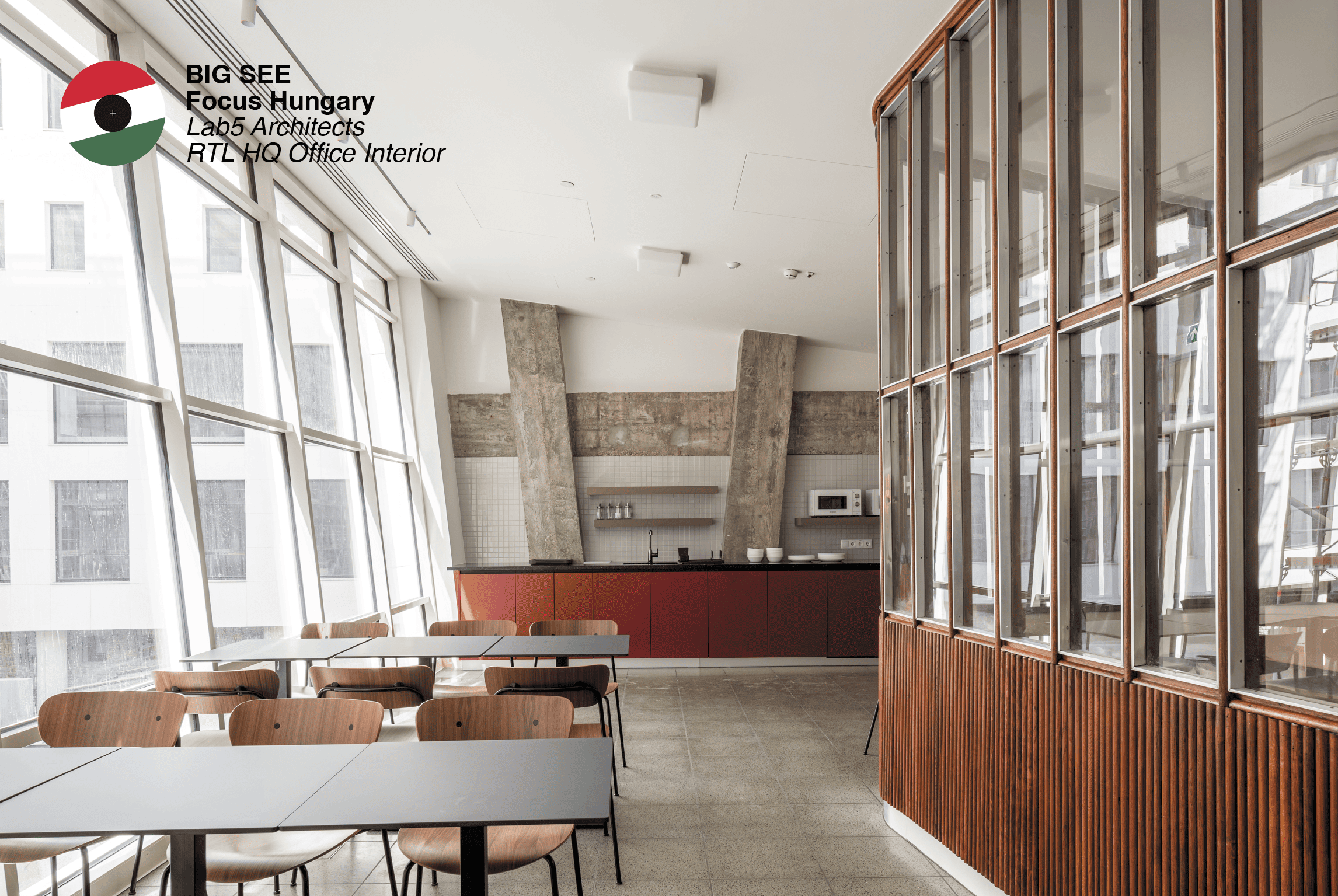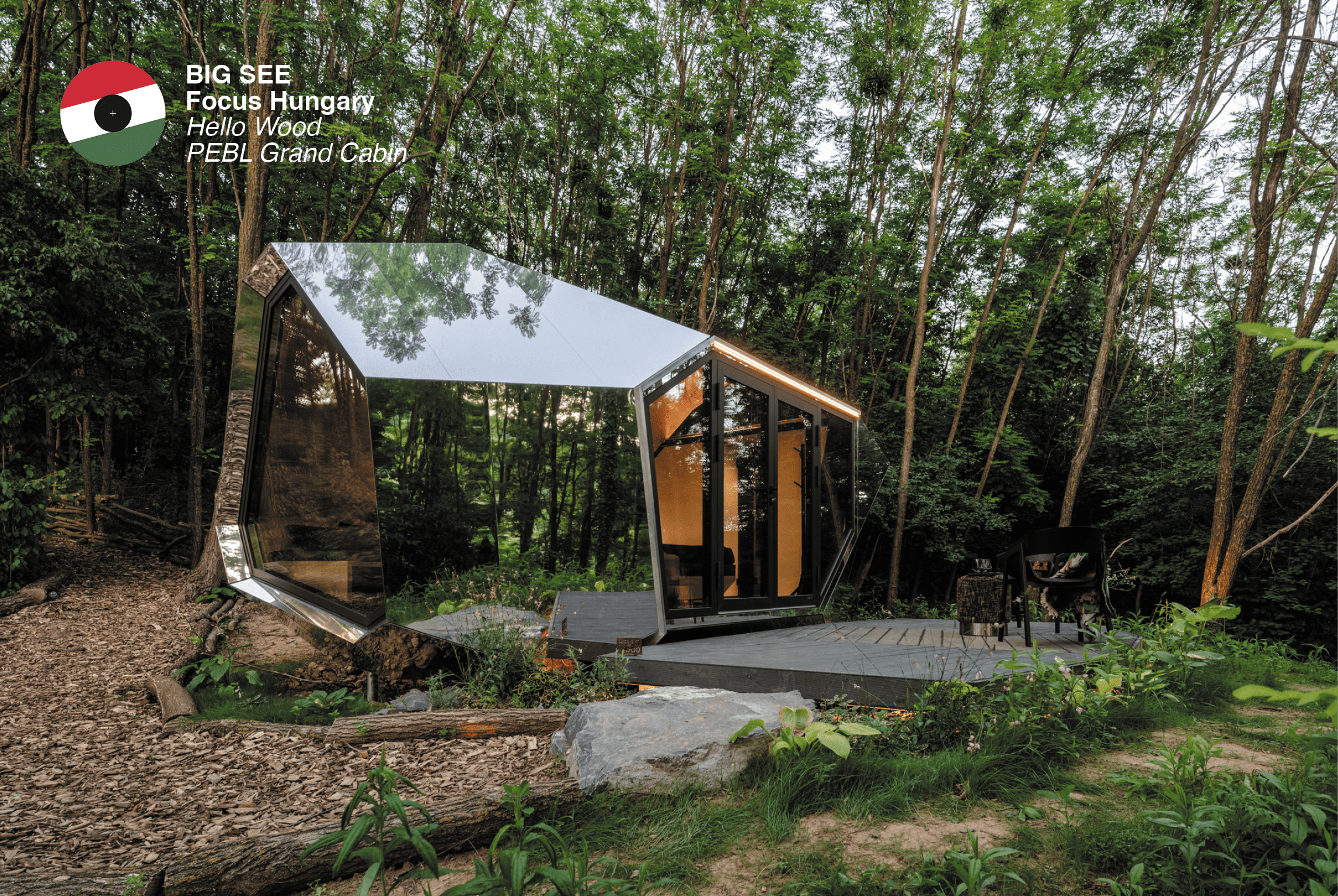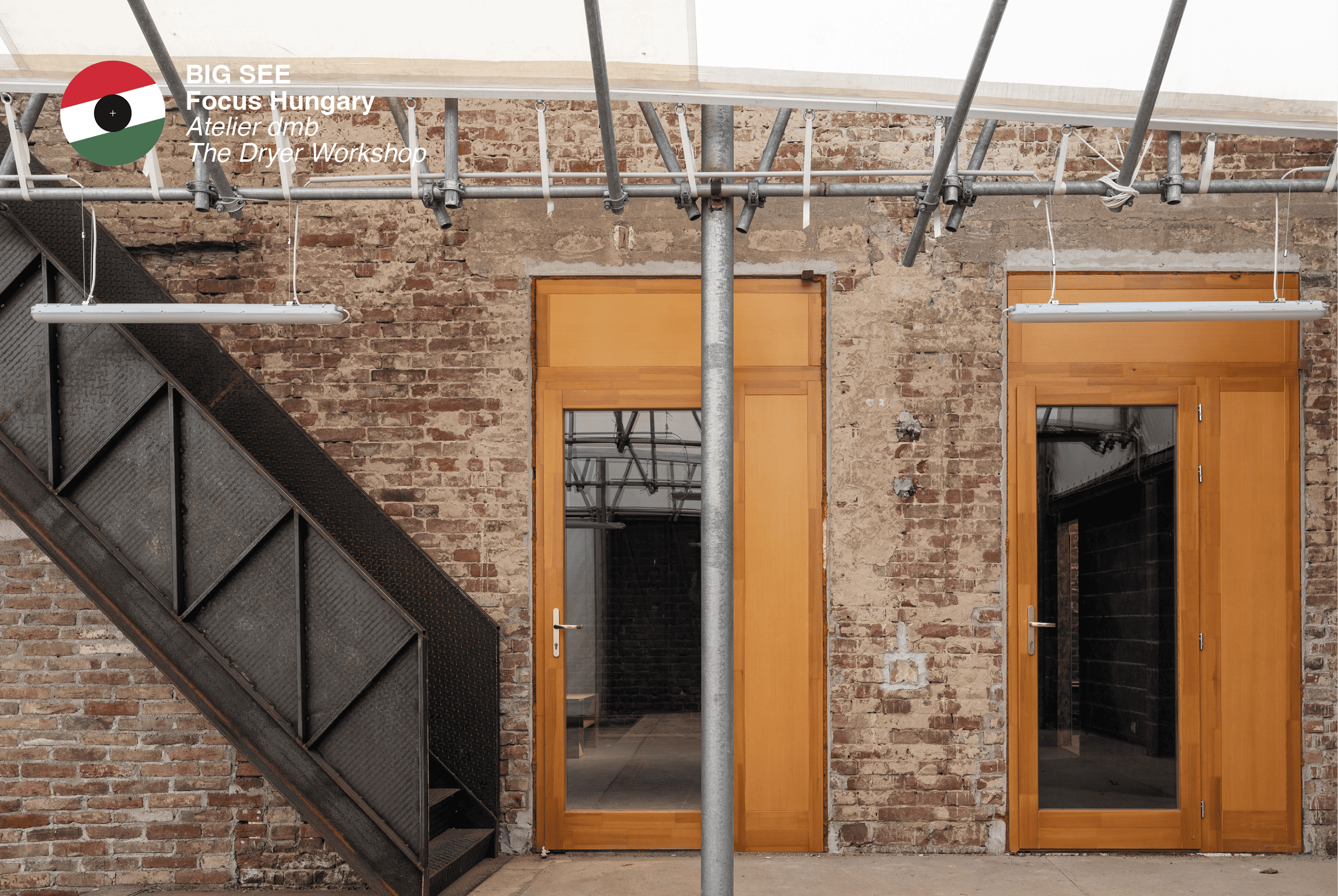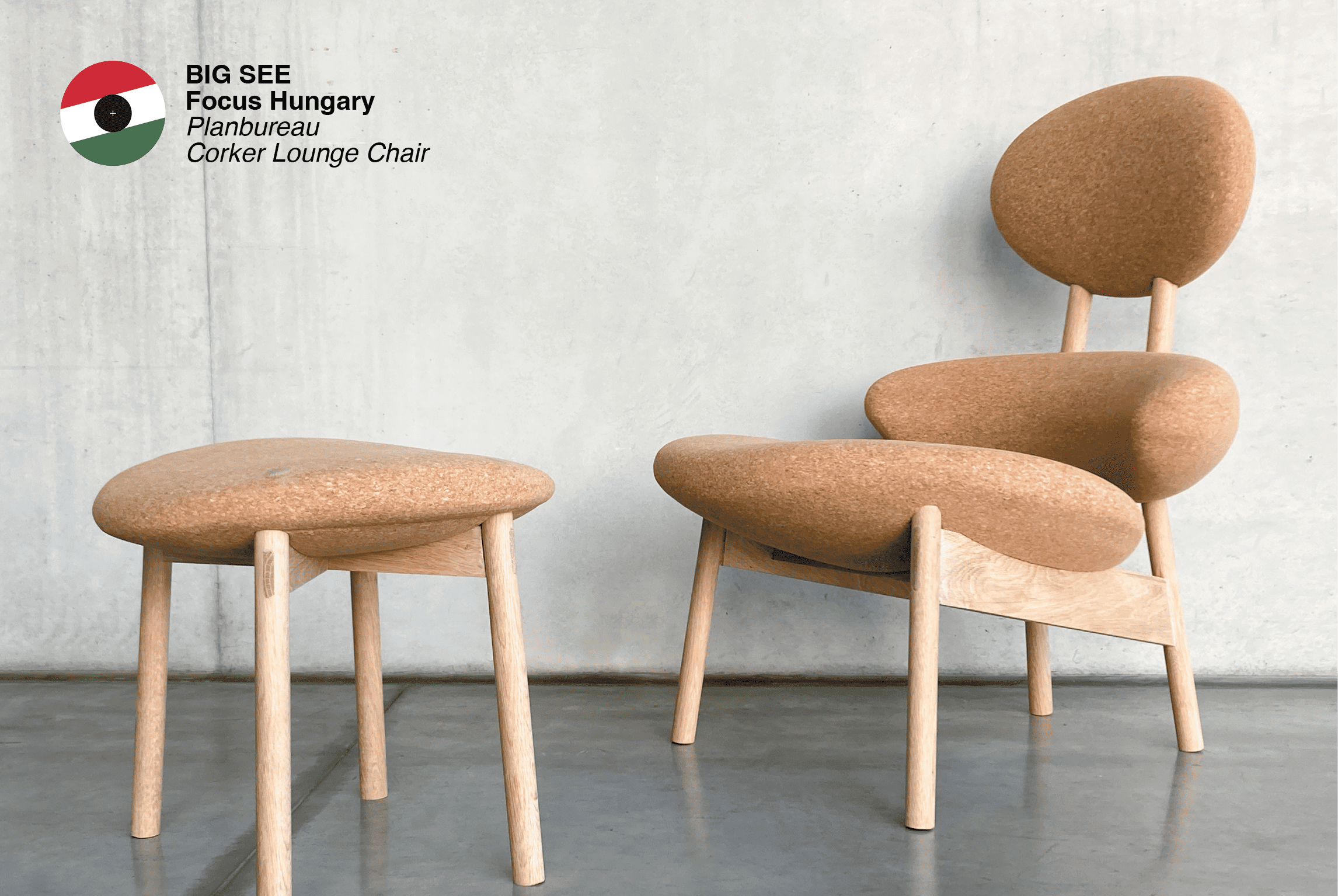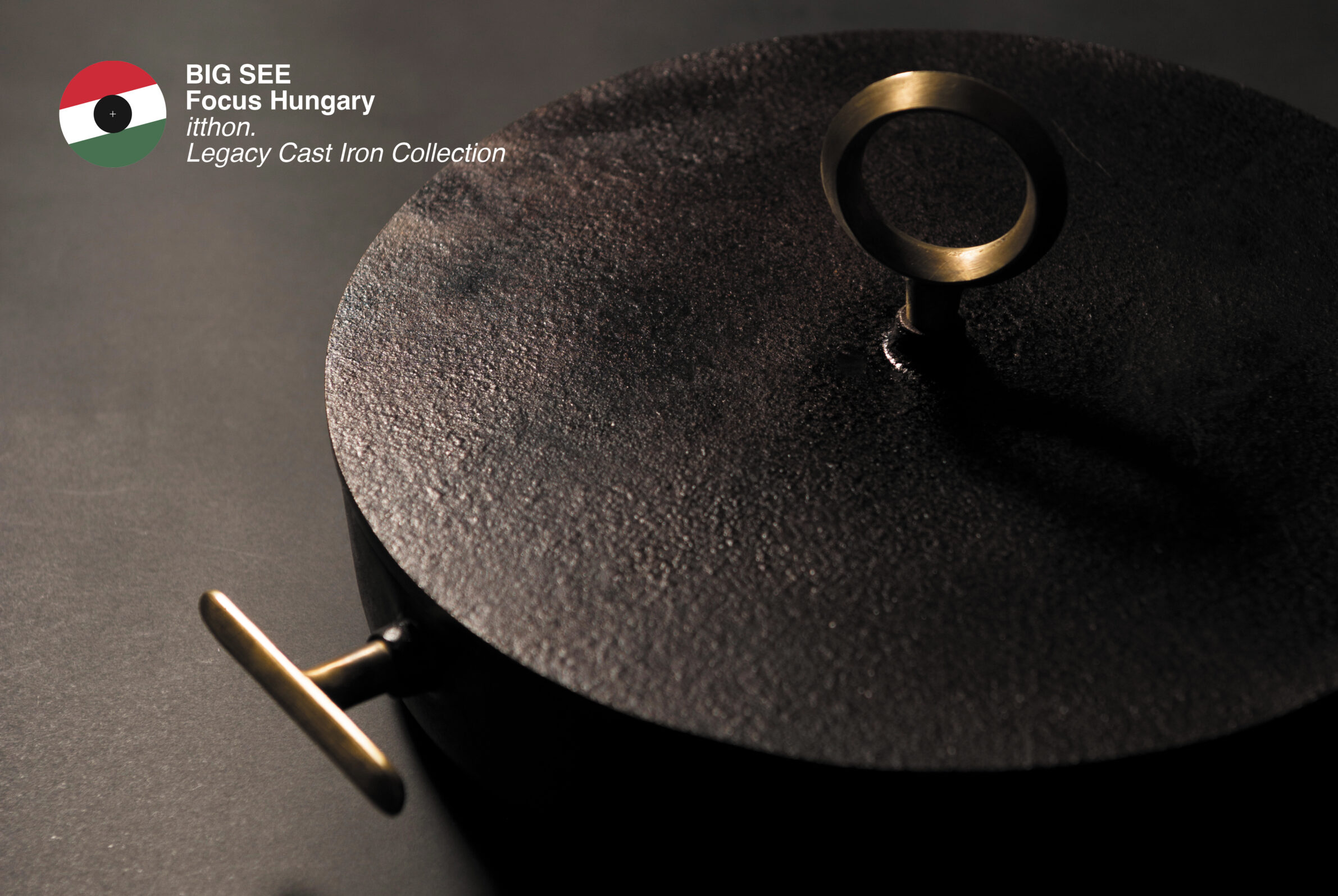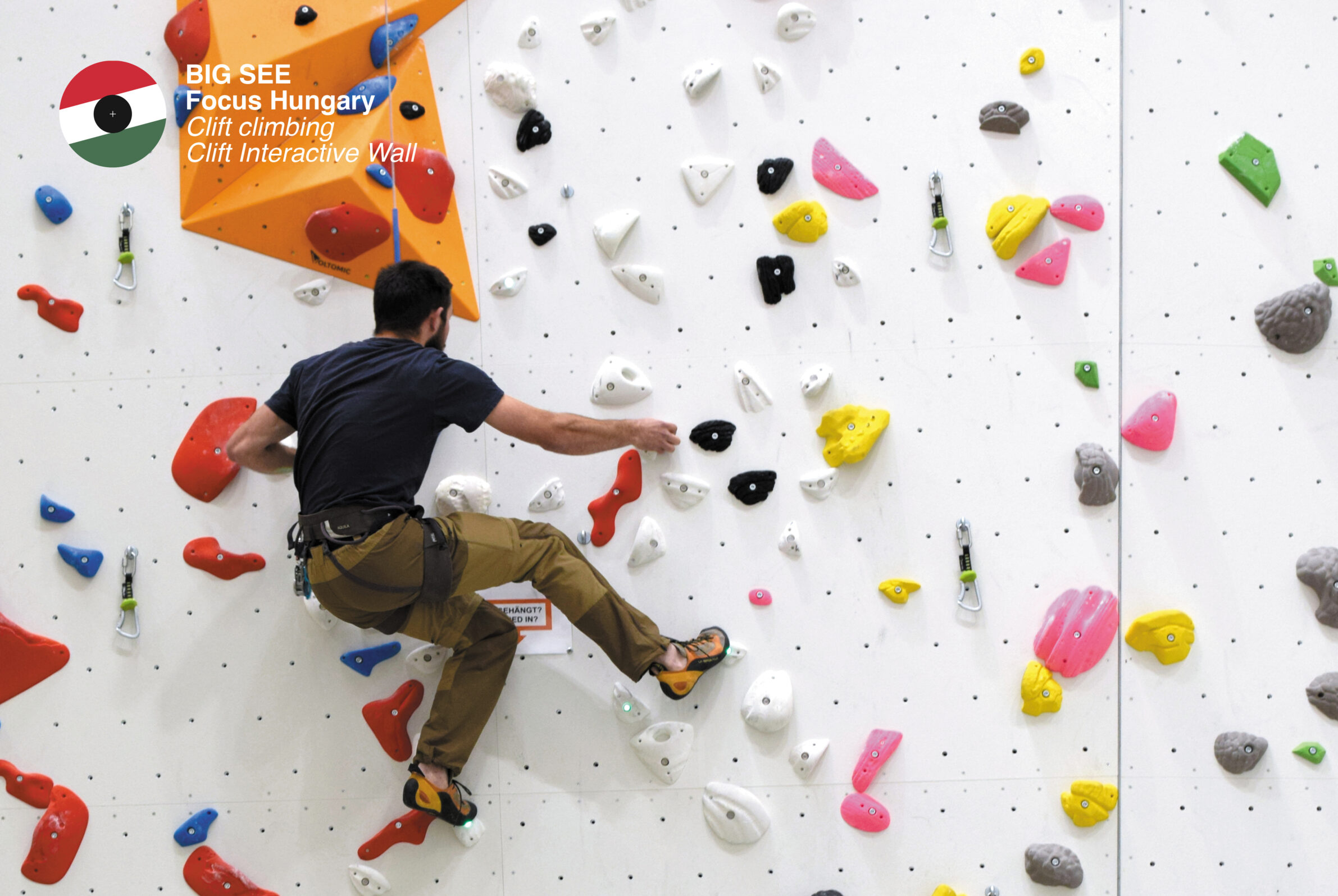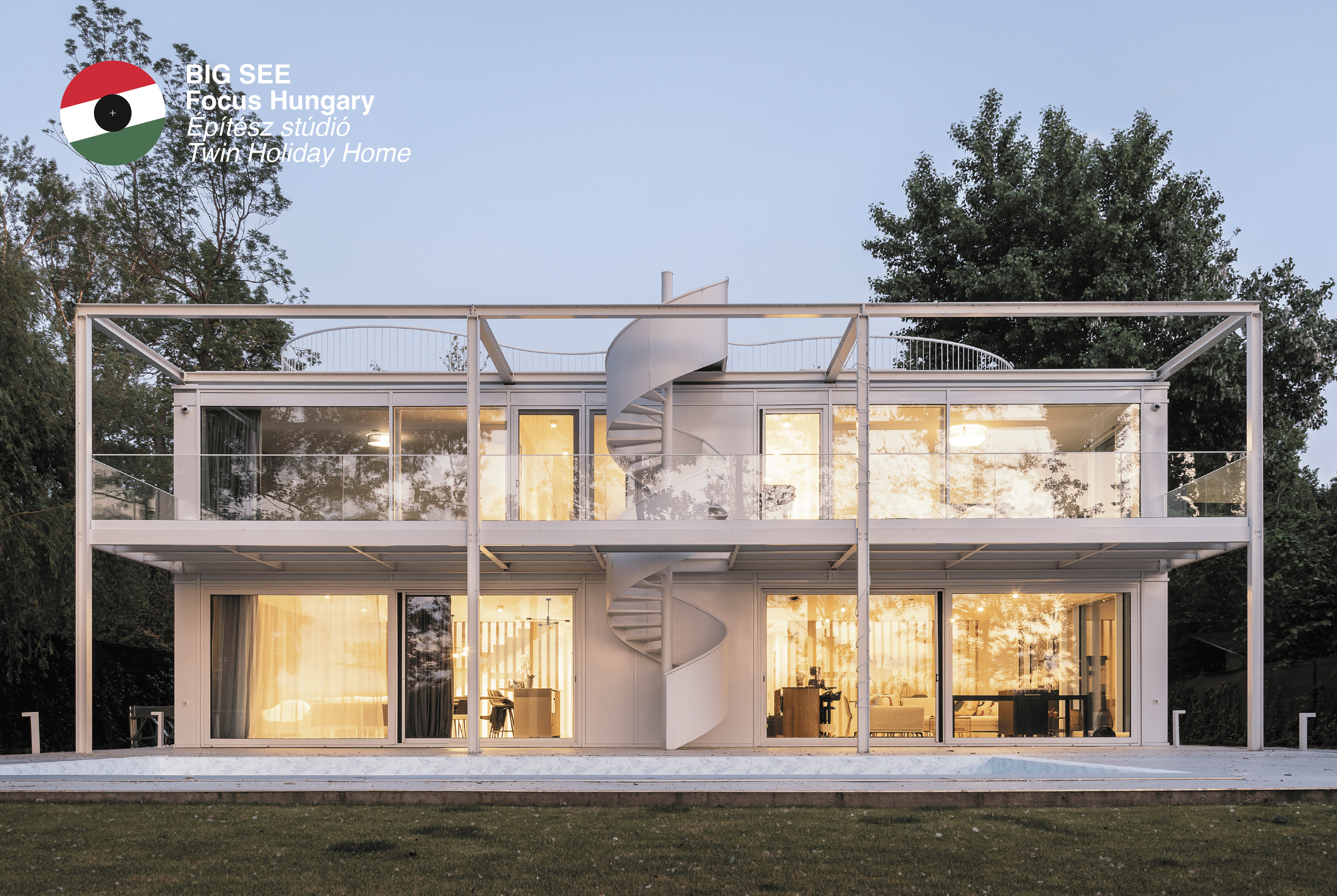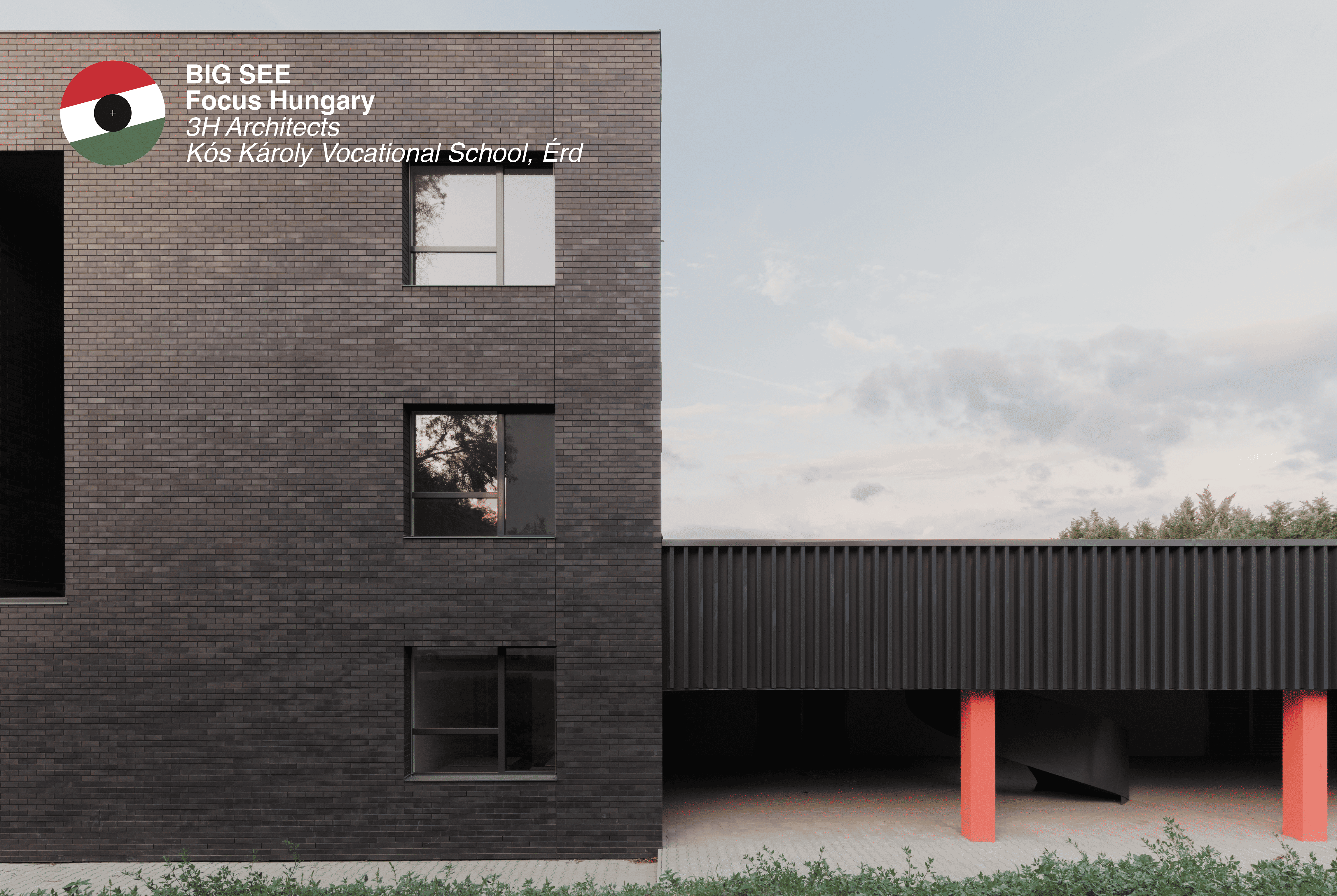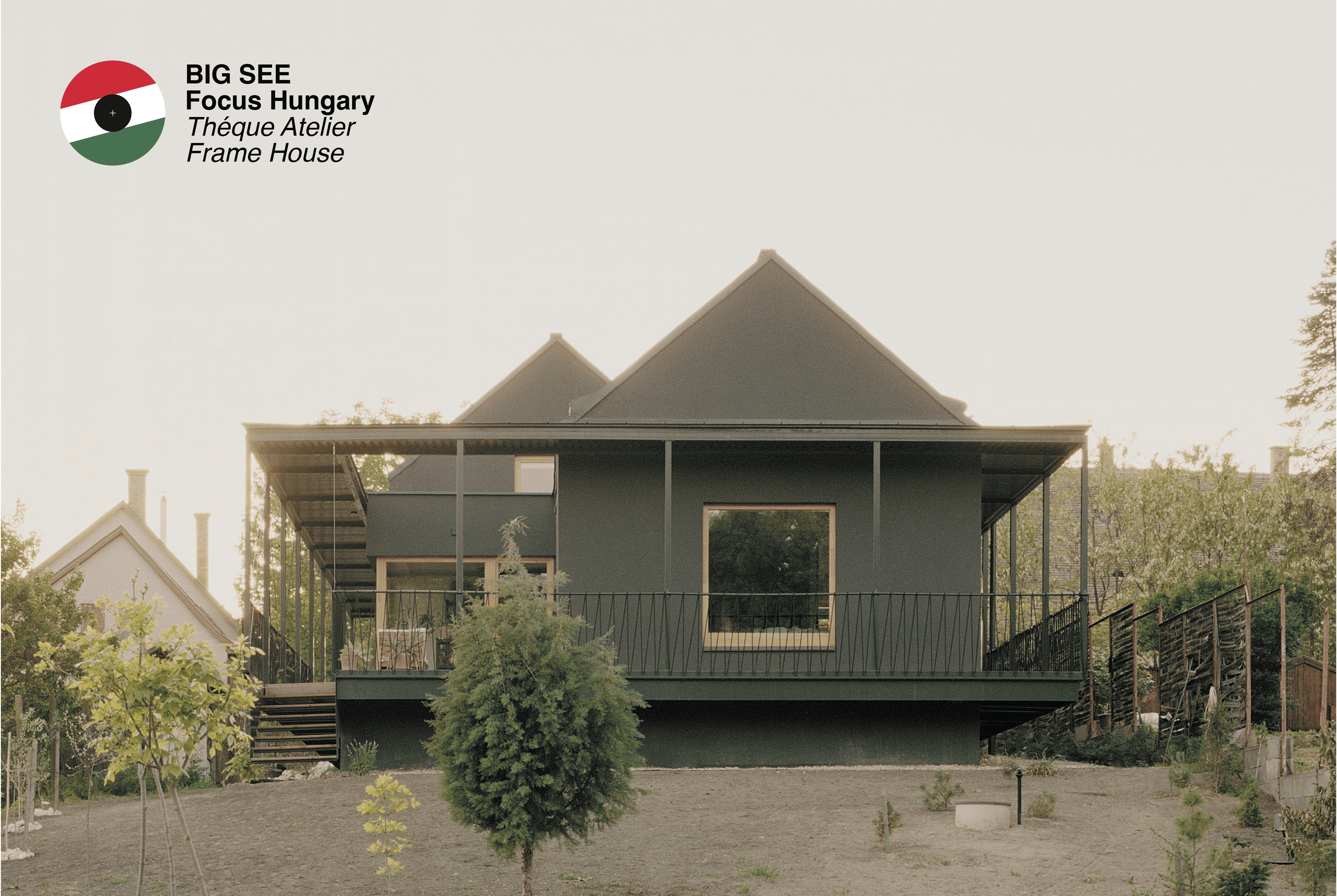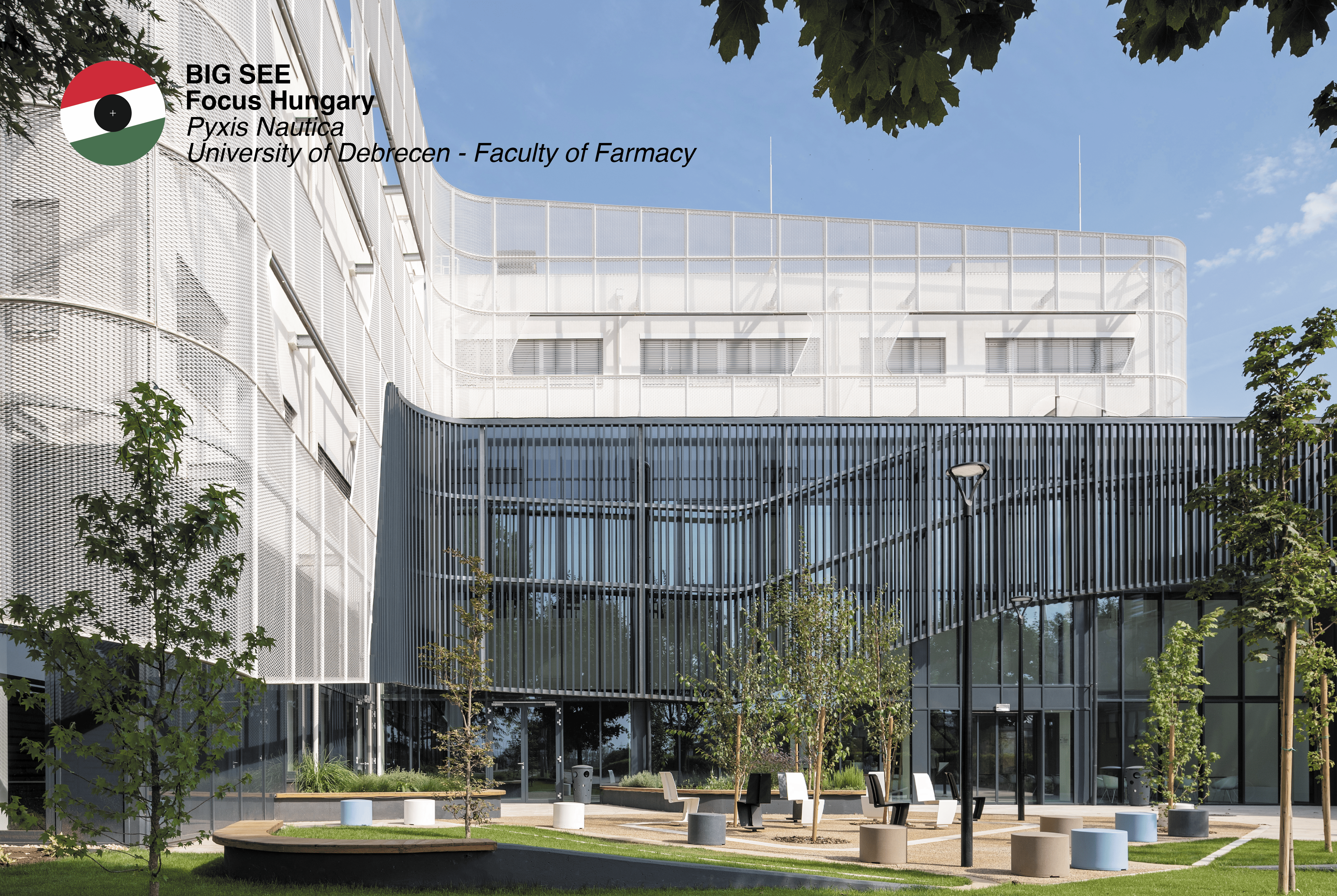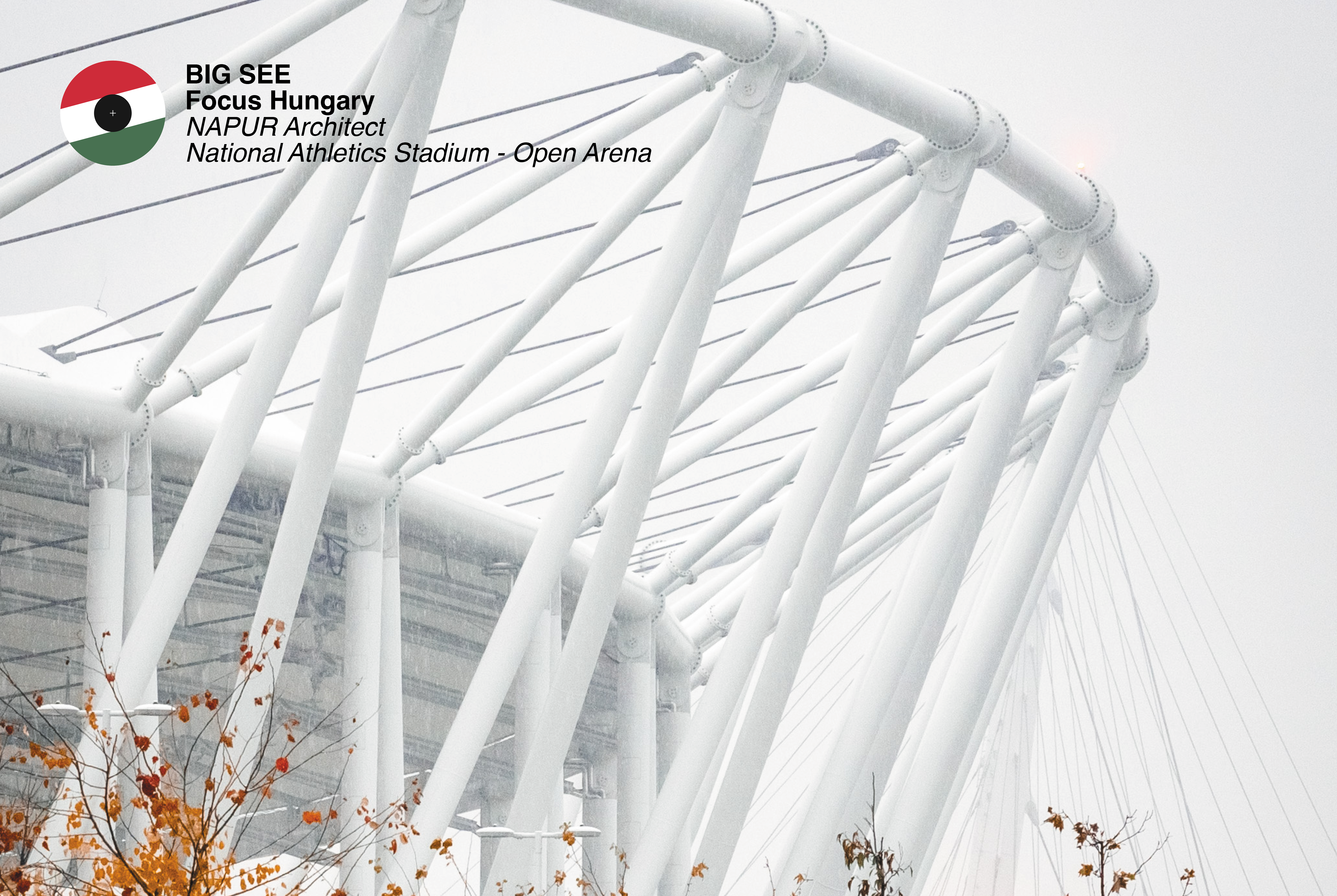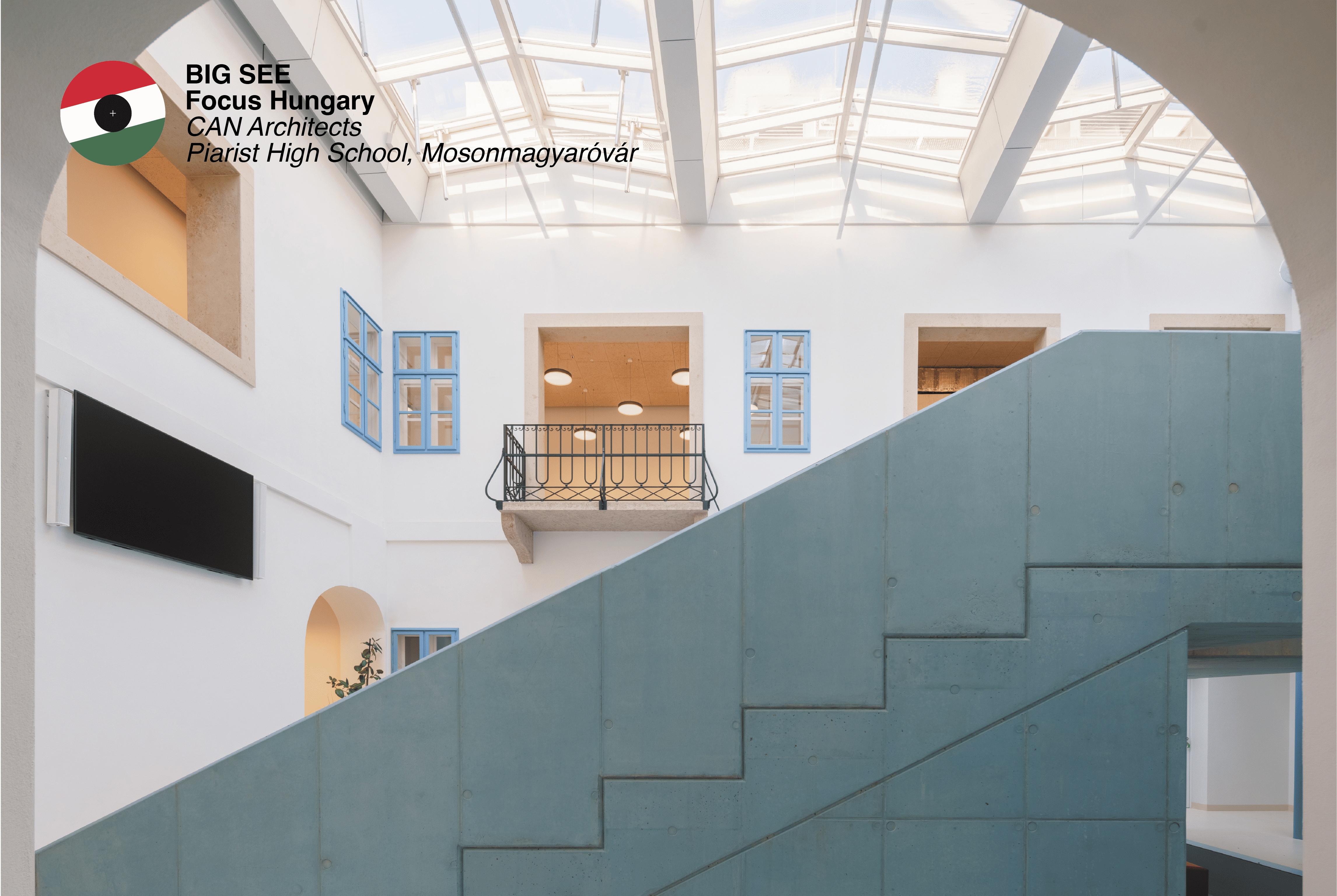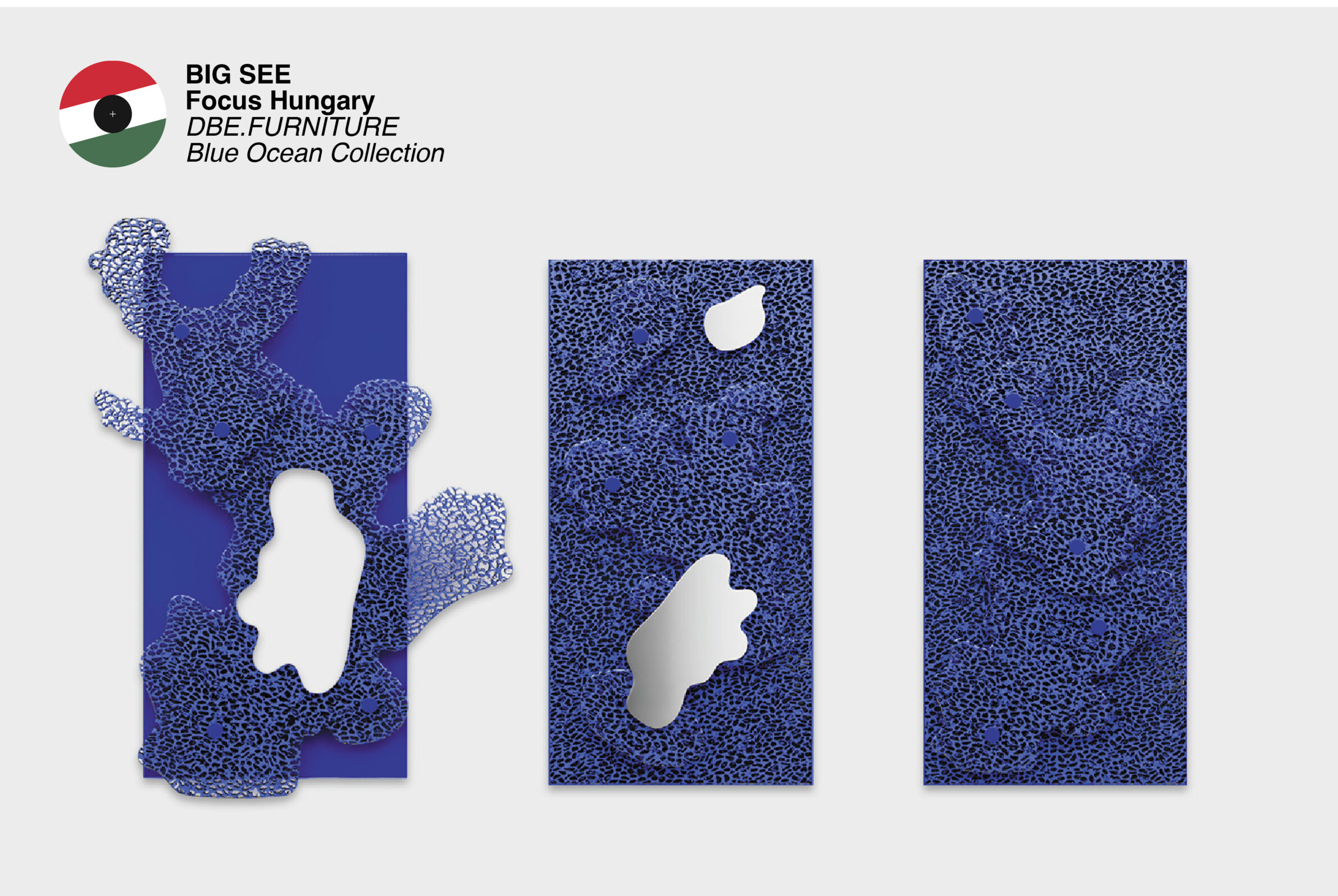
Editorial: Hungary’s Creative Landscape – Different Paths in Design and Architecture United by Quality
Hungary’s creative scene is marked by diversity: designers and architects move between heritage and innovation, poetic expression and practical function, tradition and technology. What unites them is a commitment to quality and to projects that respond to the needs of contemporary life while remaining rooted in cultural context and community.
Objects with Meaning
DBE.FURNITURE products feel like poetic objects. The Blue Ocean Collection draws on the depth and mystery of the sea, transforming industrial material into emotional surfaces.
With itthon. cookware, produced in collaboration with century-old craftsmen, design reflects values that long predate today’s buzzwords. Their work reminds us that qualities such as durability, sustainability and circularity have always existed in traditional crafts.
Clift, founded by industrial designer, climber and entrepreneur in one person, shows another face of design, where it is not merely a support for product development but the very starting point, with a company built directly from a design idea.
Planbureau Studio demonstrates how materials can be used in unexpected ways. The Cork Lounge Chair, made entirely from natural materials, follows zero-waste principles and replaces conventional upholstery with cork.
Building with Context
Hungarian architecture today moves confidently between heritage and contemporary life, responding to contemporary needs and lifestyles with a deep awareness of context. What stands out across the current generation of projects is not a single style, but an attitude: one that takes history, landscape and community as starting points, and transforms them through inventive forms and sustainable strategies.
In Szeged, Théque Atelier’s Frame House rethinks domestic life with a light footprint, letting vegetation creep beneath a framed porch that shades, ventilates and connects interiors to the garden.
CAN Architects’ transformation of the Piarist High School in Mosonmagyaróvár turns a protected archive into a learning landscape, showing how sensitive renewal can produce both civic identity and flexible space for education.
On an urban scale, NAPUR’s National Athletics Center redefines the typology of a stadium, opening it up as a public park and transport connector that extends its role far beyond major events.
At the University of Debrecen, Pyxis Nautica treat architecture as a process of transformation, fusing education and production into a dynamic building mass inspired by chemical reaction.
Shared Values
Taken together, these projects suggest that contemporary Hungarian design and architecture are not content with surface-level innovation. Instead, they consistently seek to create long-lasting value by integrating environmental responsibility, cultural memory and the changing needs of society. Whether in the intimacy of a home, the renewal of historic institutions, or the shaping of global platforms, Hungarian creativity today moves across very different fields, yet remains united by quality, responsibility and relevance.
Blažka & Tanja,
Editors
—
Each BIG SEE Focus presents a curated selection of recent architectural and design projects from a single country in South-East Europe. It’s not a survey of trends or styles — it’s a selection of works that reveal depth of thinking, sensitivity to context, and the capacity to shift perspectives.
We look for projects that respond to constraints with creativity, engage cultural complexity with clarity, and offer more than just aesthetics — they propose ideas.
Focus is not just a showcase, but a curatorial responsibility: to highlight the works that prove why South-East Europe matters — not only culturally, but creatively.
Featured projects
Blue Ocean Collection of Mirrors and Wall Panels
DBE.FURNITURE
Clift Interactive Wall
Clift Climbing
Corker Lounge Chair
Planbureau
Frame House
Théque Atelier
High School in Mosonmagyaróvár
CAN Architects
Kós Károly Vocational School, Érd
3h Architects
Legacy Cast Iron Collection
itthon.
National Athletics Stadium Hungary
NAPUR Architect
PEBL Cabins
Hello Wood
RTL HQ Office Interior
Lab5 Architects
Normafa Ski House
Hetedik+Konstella
The Dryer Workshop
atelier dmb
Twin Holiday Home
Építész stúdió
University of Debrecen, Faculty of Pharmacy
Pyxis Nautica
Editors

Blažka Drnovšek,
Curator & Editor
for Product Design

Tanja Završki,
Curator & Editor
for Architecture
M: +386 64 293 441
E: tanja@bigsee.eu



